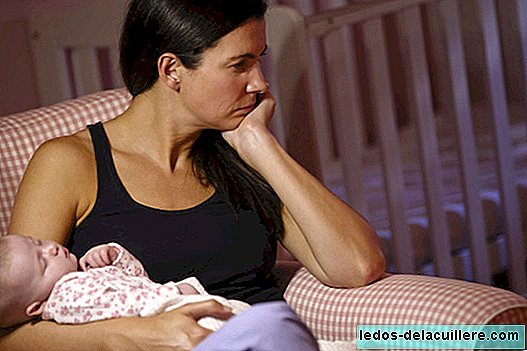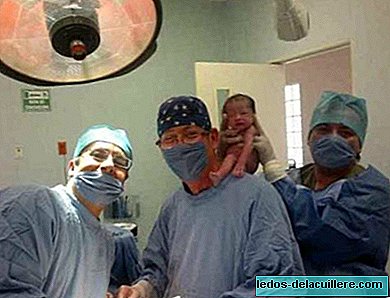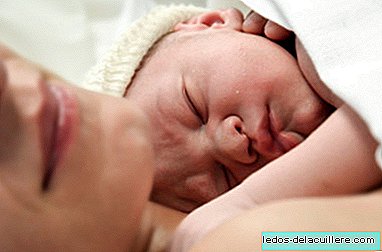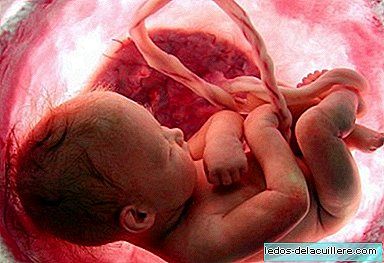According to a new Danish study, mothers of children with congenital anomalies they may run the risk of dying younger than those mothers of children who had no birth defects.
But according to the researchers, although the risk of premature death increases, the probability that they will die much earlier is relatively lower. For the study, 455,000 mothers were followed in Denmark, some of them had had children with various birth defects including genetic conditions such as heart disease or structural abnormalities such as cleft palate.
The average age at which the mothers involved had their children was 29 years old, and they were followed for an average of 21 years, in which the age of death of the participants in this study started in 1979 was considered. Of the total Of the mothers who participated in the study 41,500 had children with one or more birth defects and 414,000 had had children without congenital anomalies.
Among the findings that were found at the end of the study were the following:
- Between 2% and 5% of children born in the United States and Europe have a birth defect.
- Young women raising and caring for a child with congenital anomalies increase your chance of dying prematurely by 27% compared to those mothers of children without birth defects.
- The risk decreases to 22% after adjusting certain factors in the mother's life, and that may include: high blood pressure, depression, alcoholism, weight, academic level, marital status or complications during pregnancy.
- Mothers of children with multiple congenital anomalies have a higher risk of having a premature death than those with children with only one birth defect.
Stress, the possible cause

Although the researchers comment that a specific factor cannot be determined as the cause of premature death, they consider that the main ones are the economic imbalance which involves having a child that requires special treatments and stress to which mothers of children with congenital anomalies are subjected.
Of these two possible factors they consider that one of the most important is stress, since the cause of death of many of the mothers who died prematurely were heart disease, which is caused by suffering from too much stress.
It is important that all mothers, regardless of whether their children are born with anomalies or not, avoid undergoing a lot of stress or pressure. While a child with congenital anomalies may demand greater care and attention, we should not press for trying to do it all at once.
Maternal burnout syndrome is something we increasingly see in more and more women because society itself it paints us a perfect motherhood, in which no one complains nor is it clear that mothers feel exhausted.
But it is something that happens and that affects many women because they prefer to remain silent than admit that they need support. However, it is important that we always keep in mind that asking for help from time to time does not make us bad mothers.
How to prevent congenital anomalies?

This study, in addition to being an alert for mothers of children with birth defects so that they try to lead a healthy lifestyle, is a reminder of how important it is carry out health checks and checkups during pregnancy.
A good diet, take folic acid, avoid the use of drugs, cigarettes and alcohol, as well as ensure that pregnancies are before the age of 40 These are some of the measures that must be taken to prevent the appearance of congenital anomalies in the baby.
Doctors comment that the results of this study rather than defining a cause we show a relationship, and that there is no reason to be alarmed or cause unnecessary worries. The best thing to do is keep in mind that it is a possible risk and that mothers of children with congenital anomalies remember to take care not only of their children, but also themselves.












